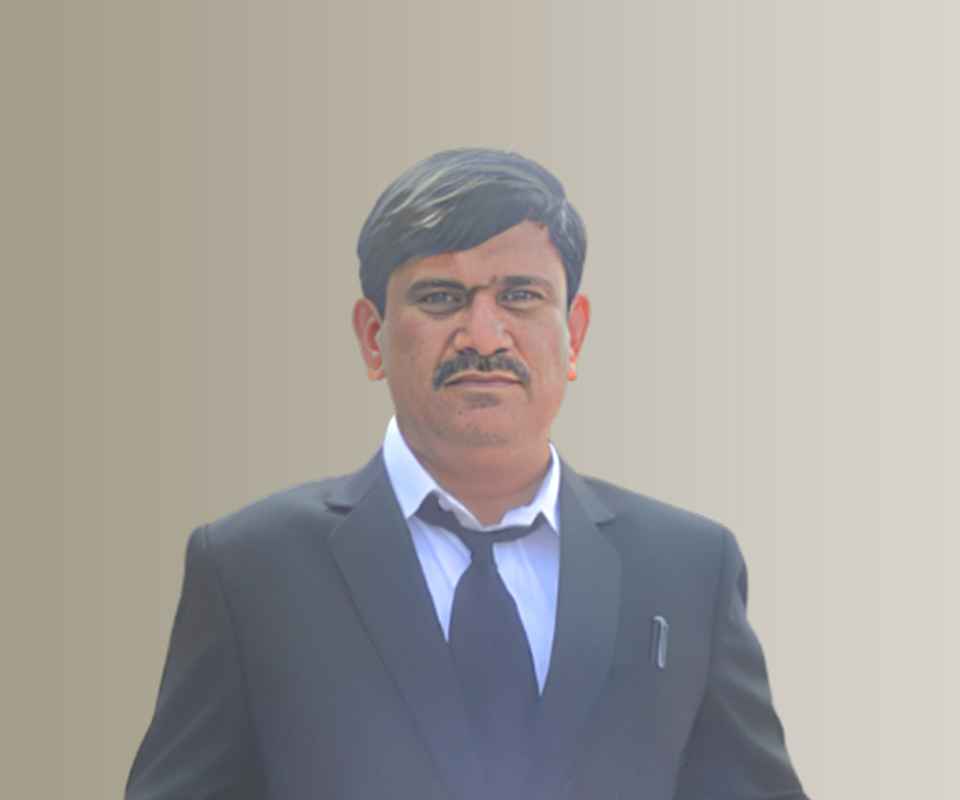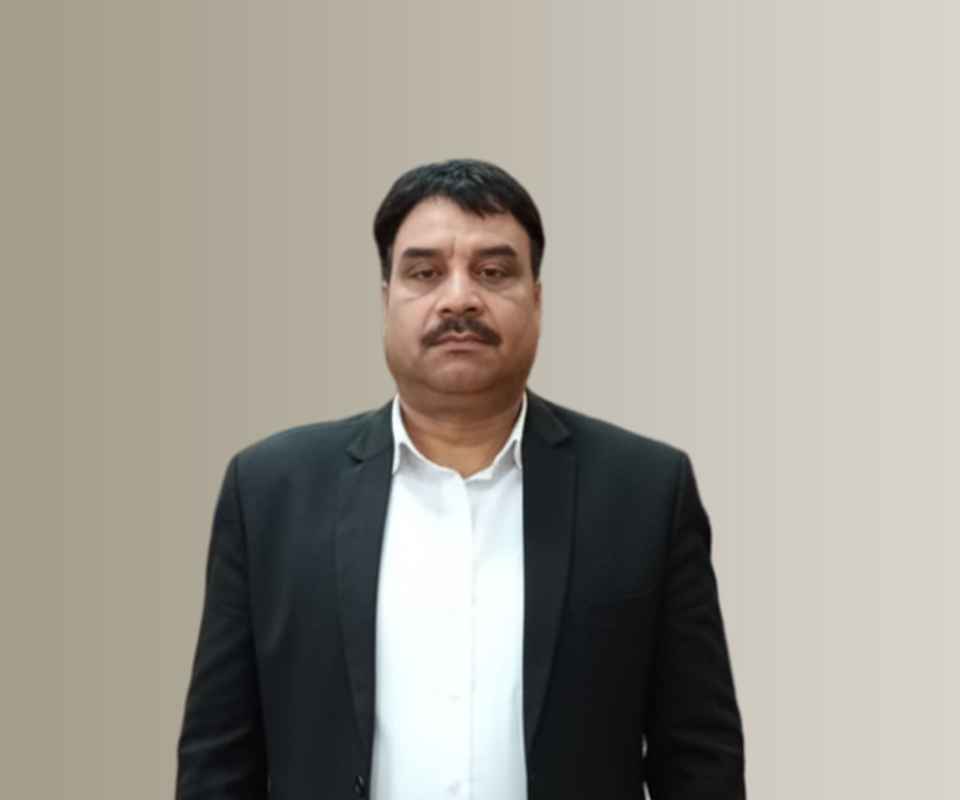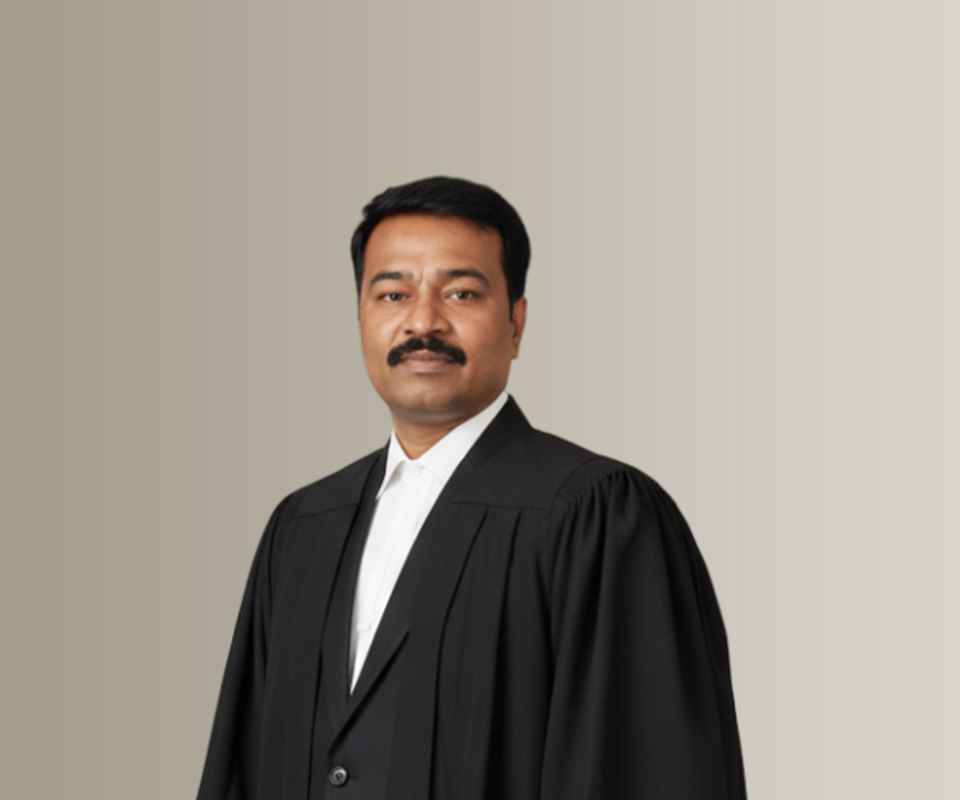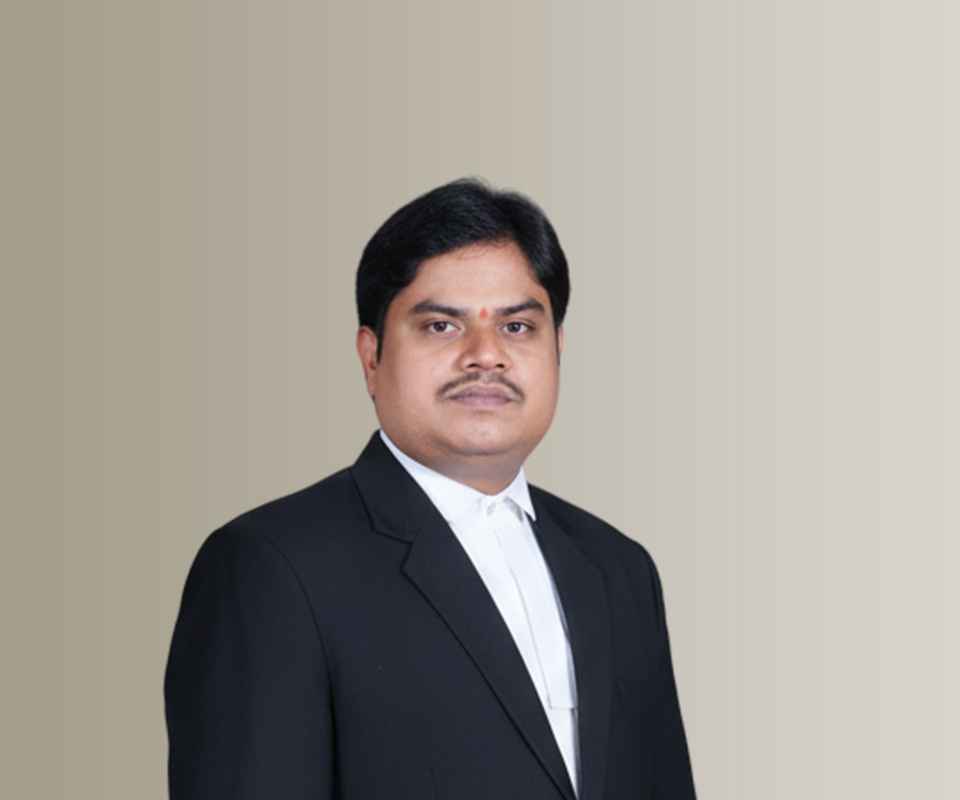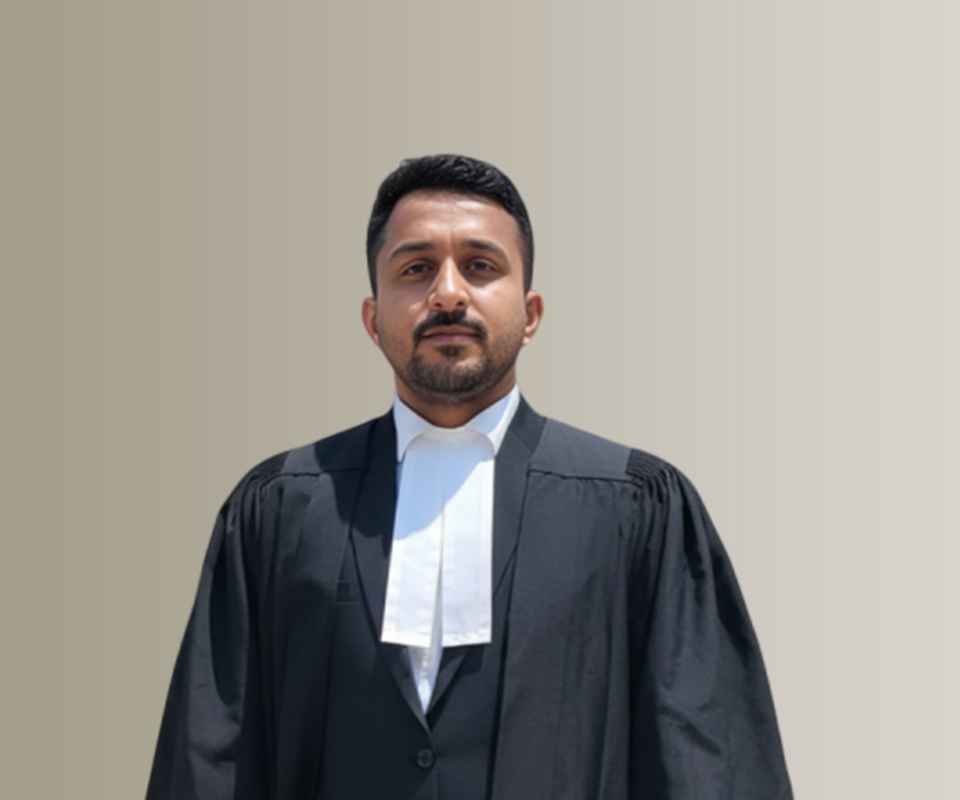Answer By law4u team
Bhartiya Sakshya Adhiniyam, 2023 - Section 168: Judge's power to put questions or order production
The Judge may, in order to discover or obtain proof of relevant facts, ask any question he considers necessary, in any form, at any time, of any witness, or of the parties about any fact; and may order the production of any document or thing; and neither the parties nor their representatives shall be entitled to make any objection to any such question or order, nor, without the leave of the Court, to cross-examine any witness upon any answer given in reply to any such question.
Provided that the judgment must be based upon facts declared by this Adhiniyam to be relevant, and duly proved:
Provided further that this section shall not authorise any Judge to compel any witness to answer any question, or to produce any document which such witness would be entitled to refuse to answer or produce under sections 127 to 136, both inclusive, if the question were asked or the document were called for by the adverse party; nor shall the Judge ask any question which it would be improper for any other person to ask under section 151 or 152; nor shall he dispense with primary evidence of any document, except in the cases hereinbefore excepted.
Brefe Detail
Section 168 of the Bhartiya Sakshya Adhiniyam, 2023, grants judges the authority to ask necessary questions and order the production of documents or things to discover relevant facts. This section ensures that the proceedings remain efficient by allowing judges to probe witnesses and parties without objection. However, it also emphasizes that the judgment must be based on relevant and duly proven facts, and judges cannot compel witnesses to answer questions they have the right to refuse.
Question & Answers
Q: What powers does Section 168 of the Bhartiya Sakshya Adhiniyam, 2023 give to judges?
A: It allows judges to ask any necessary questions and order the production of documents or things to discover relevant facts.
Q: Can parties or their representatives object to the questions posed by the judge?
A: No, they are not entitled to object to such questions or orders.
Q: Are judges allowed to compel witnesses to answer any question?
A: No, judges cannot compel witnesses to answer questions they are entitled to refuse under sections 127 to 136.
Q: What must the judgment be based upon according to this section?
A: The judgment must be based on facts declared to be relevant and duly proved by this Adhiniyam.
Q: Can a judge dispense with primary evidence of any document?
A: No, except in the cases specified in the Adhiniyam.
Example
1. Scenario: A judge is presiding over a case and finds it necessary to clarify certain facts.
Action: The judge asks a witness questions related to the case.
Outcome: The witness must respond without objection from the parties.
2. Scenario: In a trial, the judge determines that a specific document is crucial for the case.
Action: The judge orders its production.
Outcome: The parties cannot refuse to comply with this order.
Summary
Section 168 of the Bhartiya Sakshya Adhiniyam, 2023, empowers judges to ask necessary questions and order the production of relevant documents to facilitate the discovery of facts. While judges have significant authority in guiding proceedings, they must adhere to the rules regarding witness rights and the necessity of primary evidence. This ensures a fair and just legal process.
